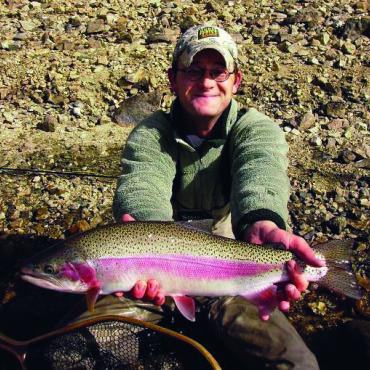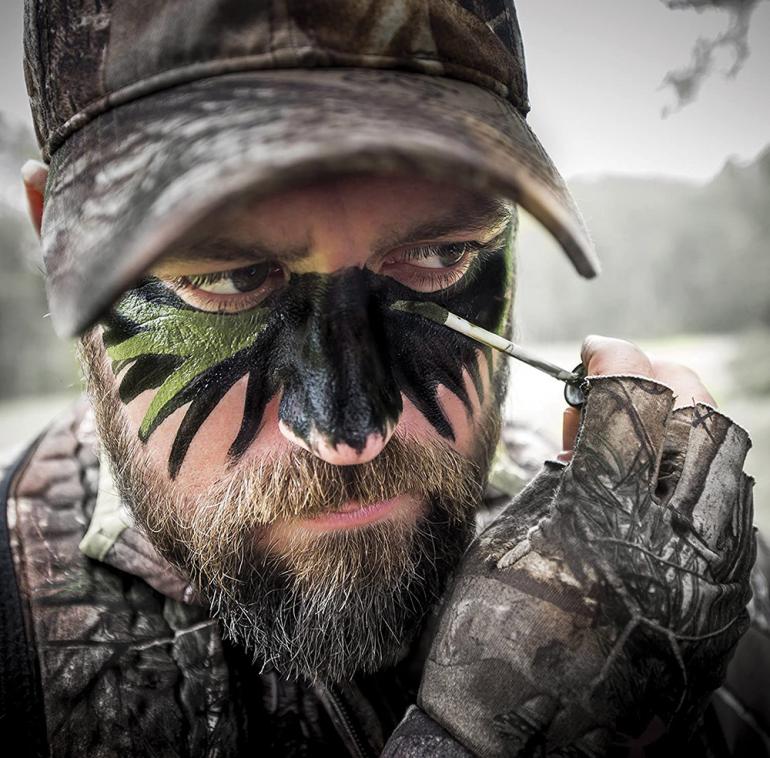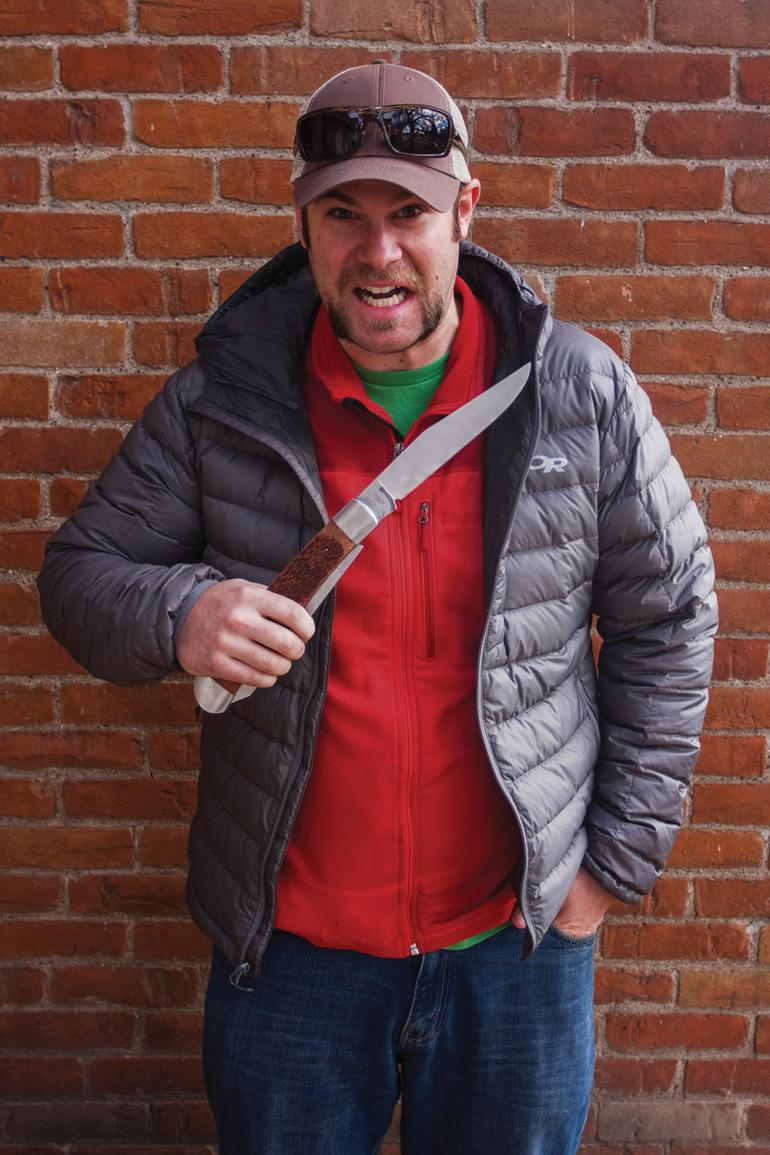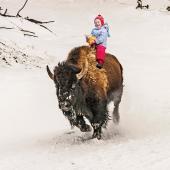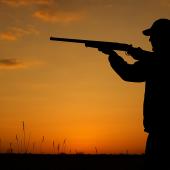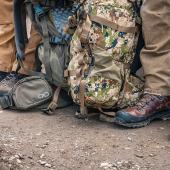Very Superstitious
A breakdown of hunting mojo.
My late father’s pocket copy of Webster’s Dictionary defines superstition as “a belief or practice resulting from ignorance, fear of the unknown, trust in magic or chance, or a false conception of causation.” The second definition is “an irrational abject attitude of mind toward the supernatural, nature, or God.” Hunting and hunting stories pre-date most organized religions. Because hunting was such a key part of human survival, it could be argued that its rituals and superstitions deserve a religion of their own. Consequently, it is of little wonder that hunters tend to be such a highly superstitious lot.
Today, even the most plugged-in, tech-savvy of hunters will rely on a little bit of “woo-woo” to tip the odds in their favor. That lucky hunting shirt may not fit or keep you warm, and it may be a tad odoriferous, but it is the lucky hunting shirt, and the lucky hunting shirt must be worn. The following examples highlight several rituals of the season, from the sublime to the ridiculous, and a couple in between.
Pre-Hunt
I once knew a guy who would go completely vegetarian four weeks prior to the archery opener. His reasoning was that he didn’t want to smell like meat. In his mind, predators smelled of meat, and it was this odor that caused many game animals to skedaddle just shy of bow range. I have another buddy who pours a teaspoon of purple Powerade into each of his boots before every hunting trip. The story behind this involves his six-year-old son, lack of a proper cupholder, an ill-fitting booster seat, and coincidentally his most successful antelope / mule deer combo ever. Some hunters put their boots on the same way every hunt—laces, lace pattern, and even boot tightness the same as it was on their most rewarding or memorable hunts. Other hunters eat the same meal the night before or morning of a hunt. I personally won’t leave the truck on a duck hunt unless I’ve packed a sleeve of those waxy, mini-chocolate doughnuts and a thermos of rot-gut gas-station coffee.
In the Field
Most, if not all hunters, have a lucky or “magic” knife. This blade often has a name and is usually an heirloom or cherished gift. The lucky knife is either wickedly sharp or dangerously dull, depending on the condition it was in the moment it was blessed. In many cases, the knife is never used in the field, but always carried. Snacks also can play critical roles in a properly executed hunt. While jerky from last season’s harvest is a preferred sacrament, some hunters will opt for neon-colored gummy worms, Vienna sausages, Hostess treats, or even pork rinds, Easy Cheese, and small cans of deviled ham. Lucky snacks are not always good and they’re usually very unhealthy—but they are lucky.
Post-Hunt
Whether laden with meat or skunked, hunters will celebrate or mourn their trip in numerous different ways. In either case, booze is usually involved. The successful hunter often enjoys a frosty brew around the skinning pole or cutting table. A bit of beer is always poured on the ground for the game and those buddies and mentors who couldn’t be there. The unsuccessful hunter typically opts for a tall dose of something stronger, checks his or her boot laces, and rummages through gear looking for grandpa’s Old Timer knife to carry next time. In my camp, the first game animal’s liver is pan-fried with butter and onions and eaten on cheap, toasted white bread with pickles, more onions, and a healthy dose of a mayonnaise-horseradish mixture.
As hunters, we are a small, dwindling part of the population. But our superstitions are traditions, and traditions must be kept alive. Rituals keep the hunt sacred, special, and delightfully quirky. Do they guarantee success? Do they actually work? The answer is simple. There is no proof that they don’t.

